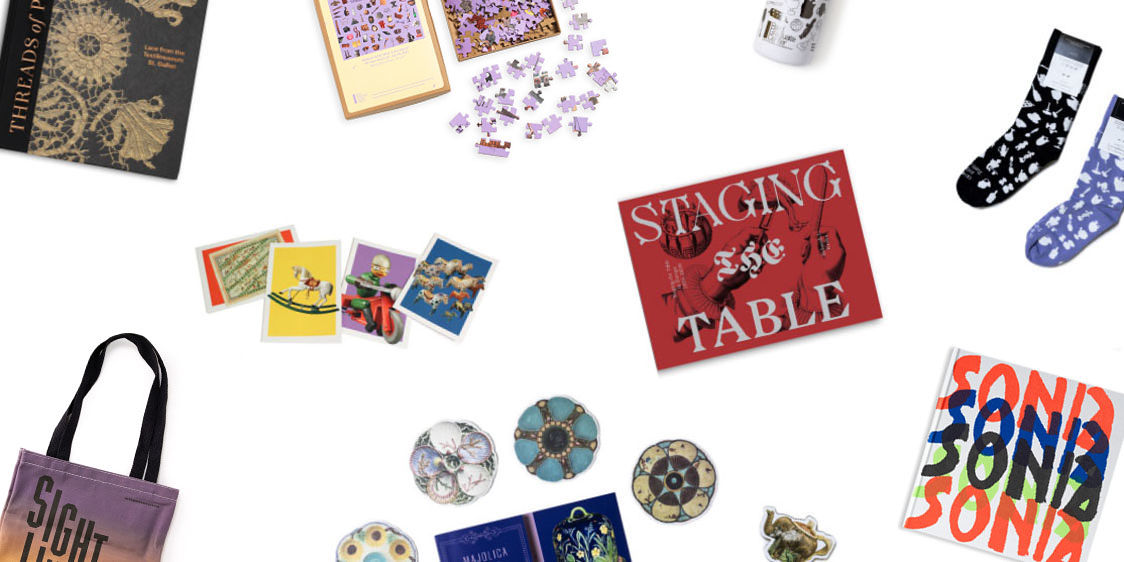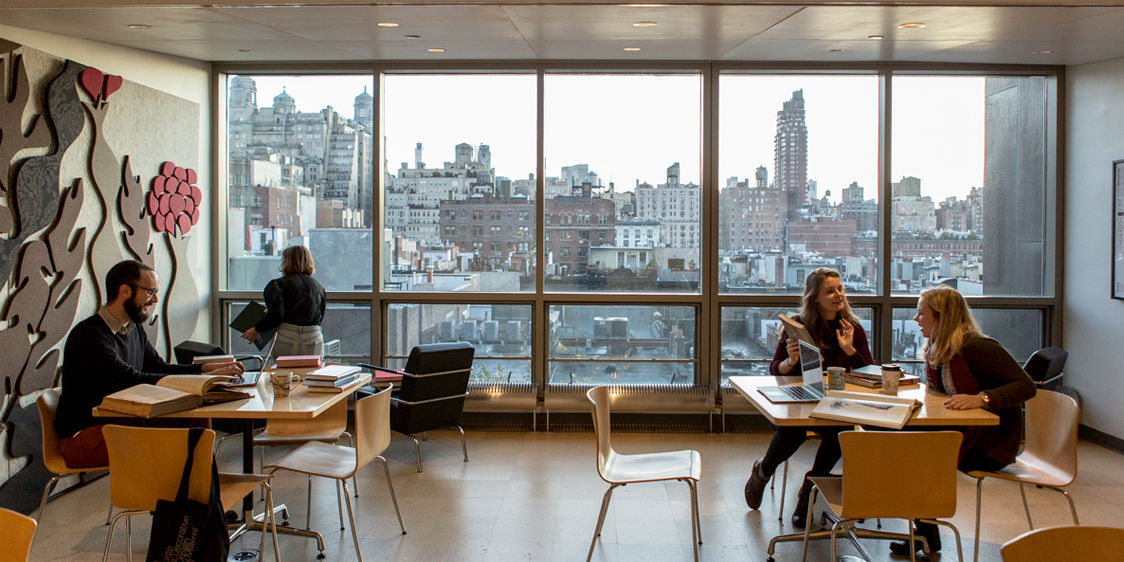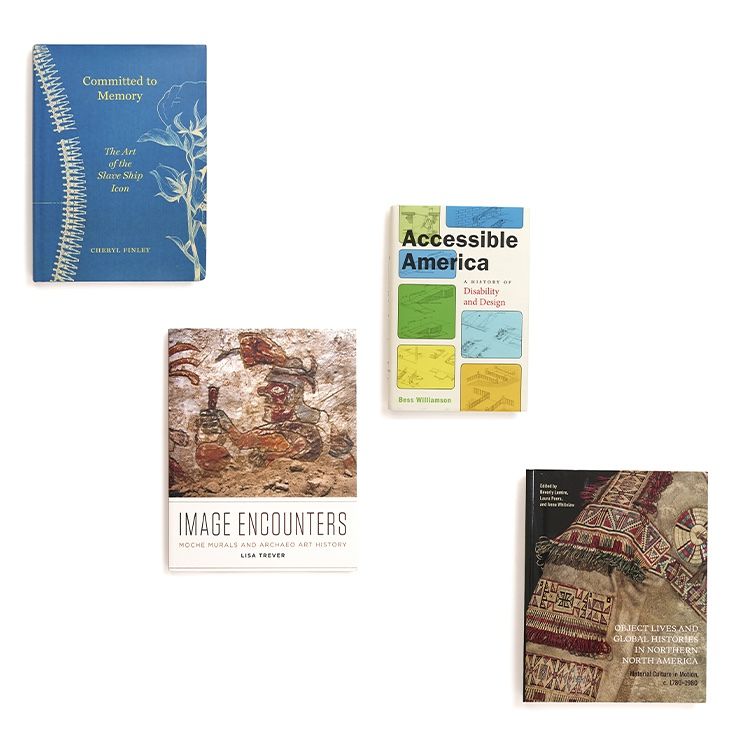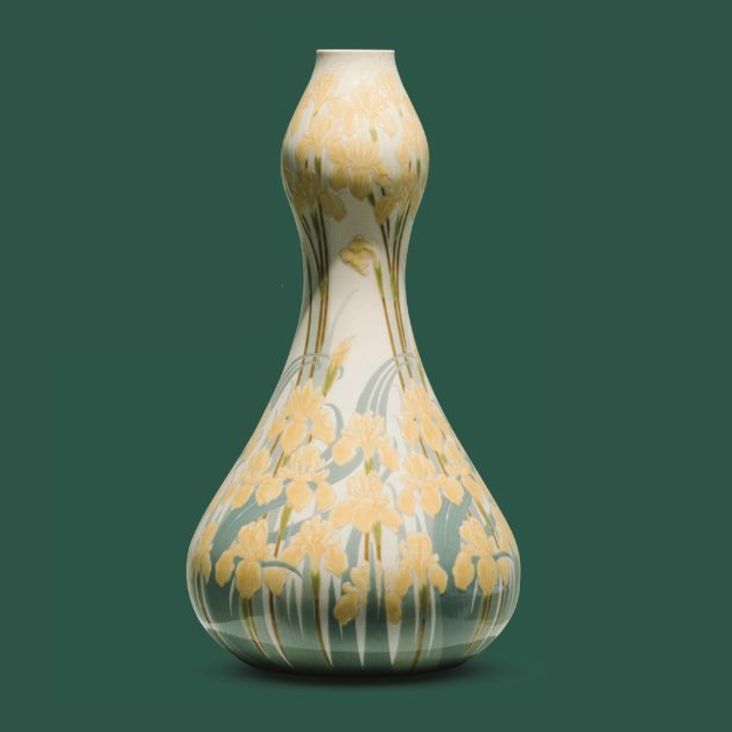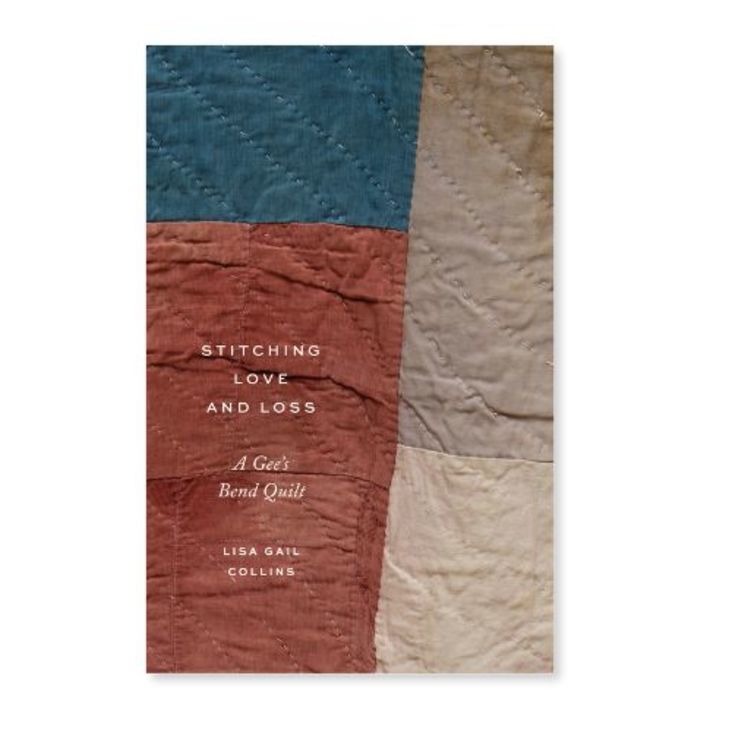“Credit is often given to the Yorùbás for the use of aṣọ ẹbí. They were the pioneers… And then, it was just to identify the family members. But, over time, it’s spread into anybody who would call him or herself a ‘friend of that family.’” – Ms Louisa Onuoha
In This EpisodeAs soon one hears that Baba so-and-so is celebrating his 70th, the next question might be, “Is there aṣọ ẹbí for the event?” In this episode, the conversation continues as our host and historian — both party-goers, themselves — talk about aṣọ ẹbí, a community practice that fuels the buying, selling, and wearing of textiles for celebrations in Nigerian communities.
Listen and follow on
Apple Podcasts |
Spotify |
Stitcher.
Download a transcript.
Louisa Onuoha is on the staff of the National Commission for Museums and Monuments, Nigeria, where she has served in several capacities as a museum education officer/curator in more than three museums in the country. She has initiated several art and educational programs for the museum and participated in several exhibitions locally and internationally. Among these exhibitions is the African Lace Exhibition, a joint effort between the Museum of Ethnology, Vienna, and the NCMM, Nigeria. She is a member of several art and heritage organizations such as ACASA, CAA, SNA, CAM and the International Council of Museums (where she currently serves as the President of ICOM Nigeria). She is widely traveled and well published in the area of arts, tourism, and heritage and is currently a Doctoral candidate at the Institute of African Studies, University of Ibadan, Nigeria.
mary adeogun (BGC MA ’22) studies textiles, garments, and dress culture. For the past four years she has focused on Yorùbá dress culture and textile practices from her family heritage, relying on conversations with stylish aunties about their lace and aṣọ òkè, interviews with àdìrẹ collectors and scholars, brief apprenticeships or workshops with practicing textile artists, and beyond. Other interests include fiber and dyeing science, how clothes are displayed, American dress culture and everyday dress habits. She is grateful to the many loved ones and teachers in her life that make this learning possible.
Featuring original music by Ahamefule Oluo.

